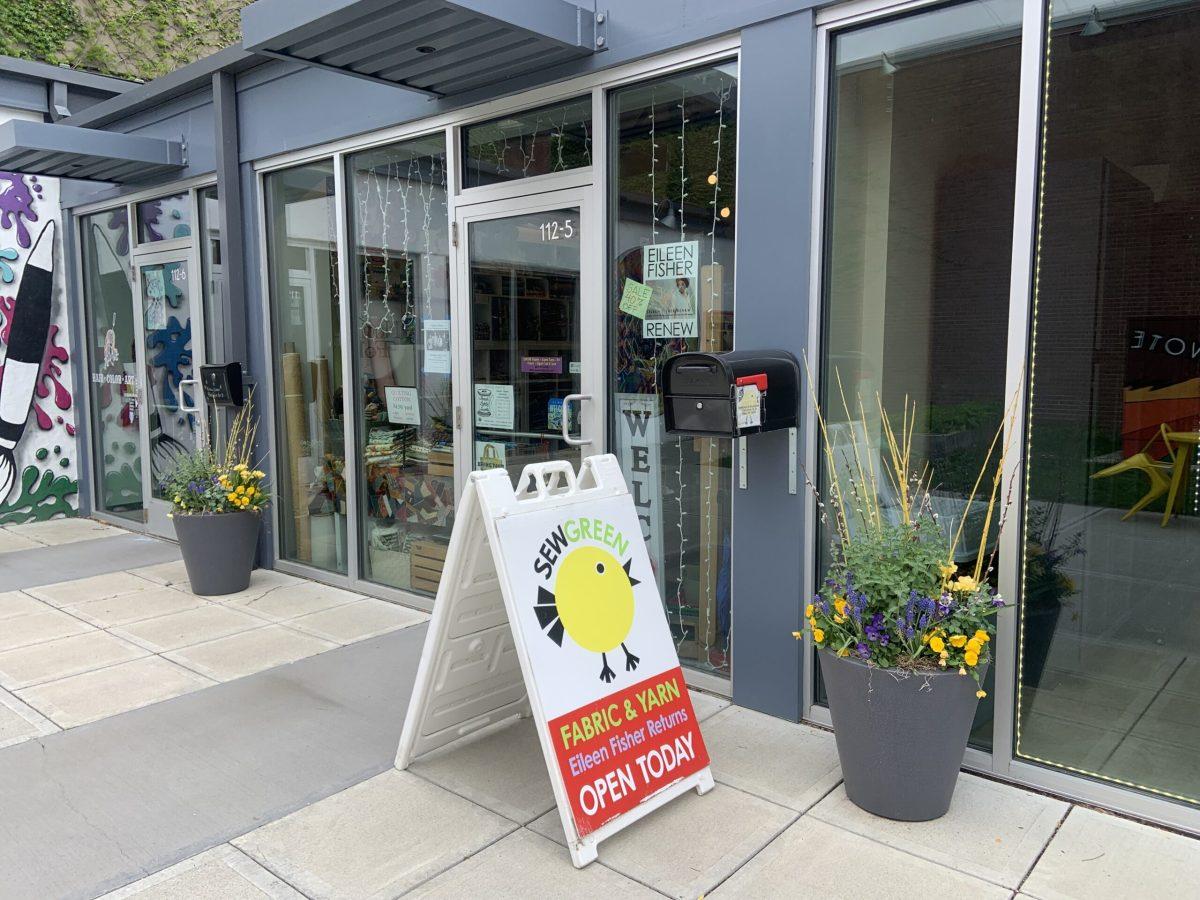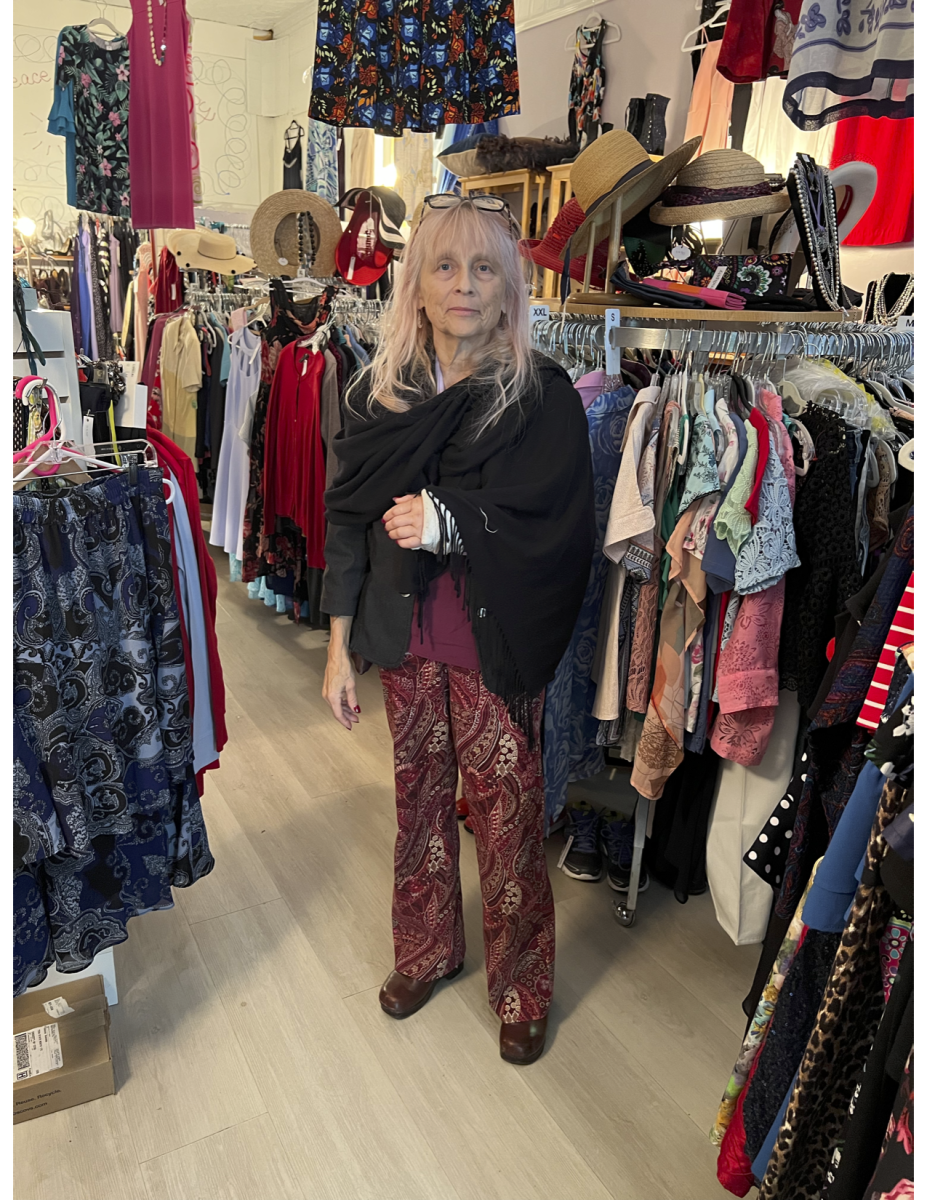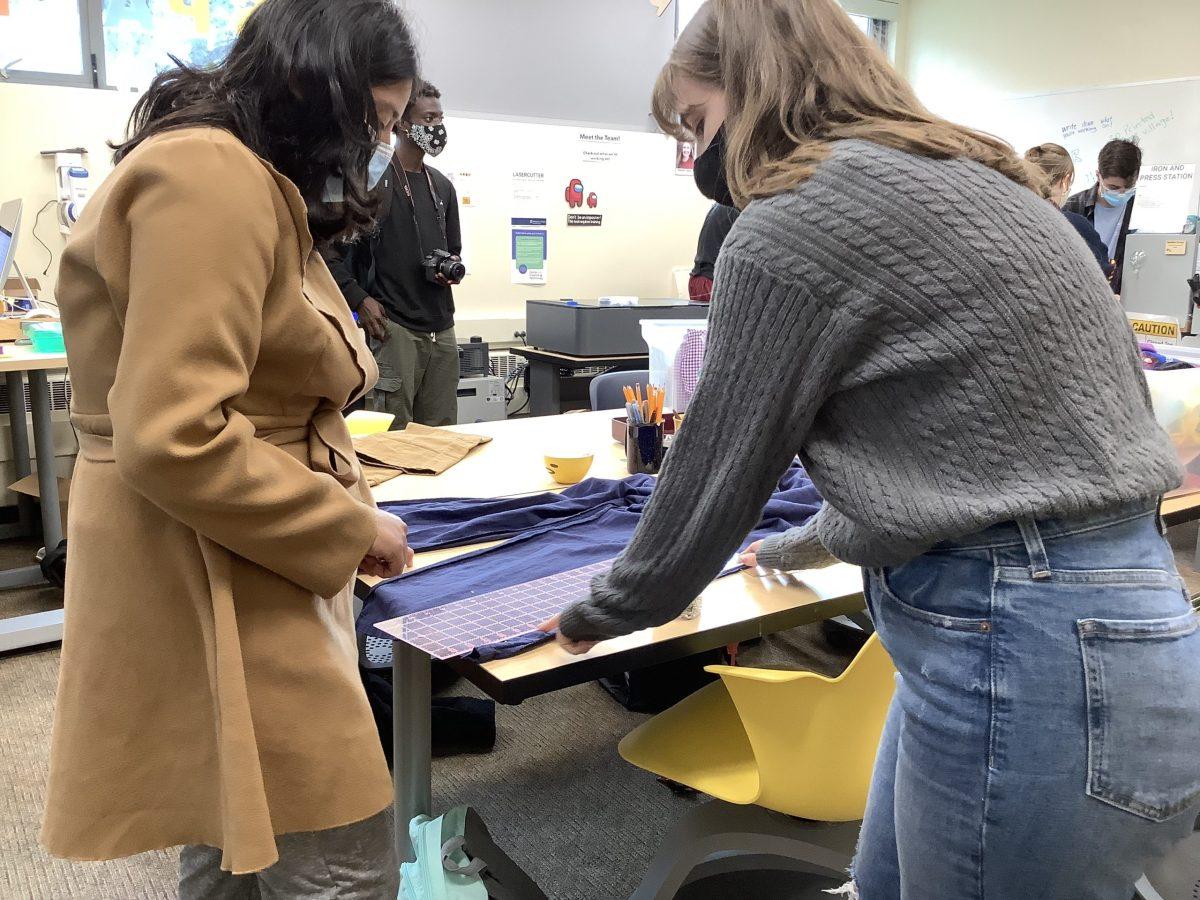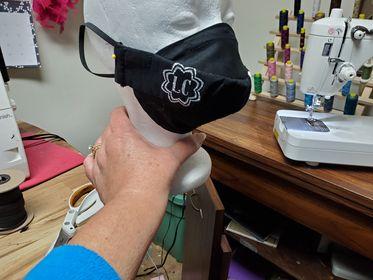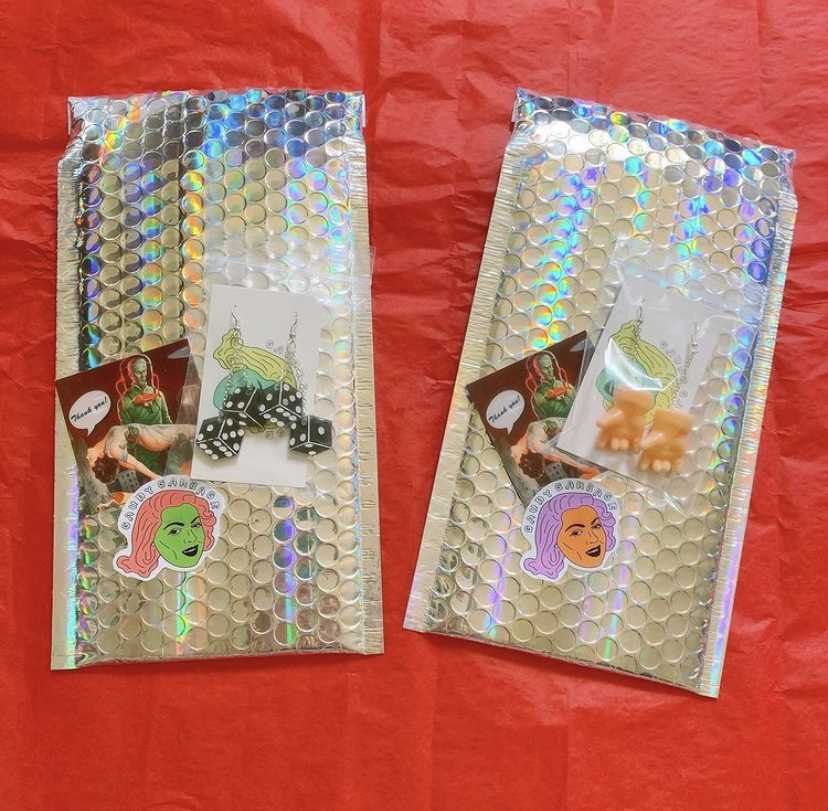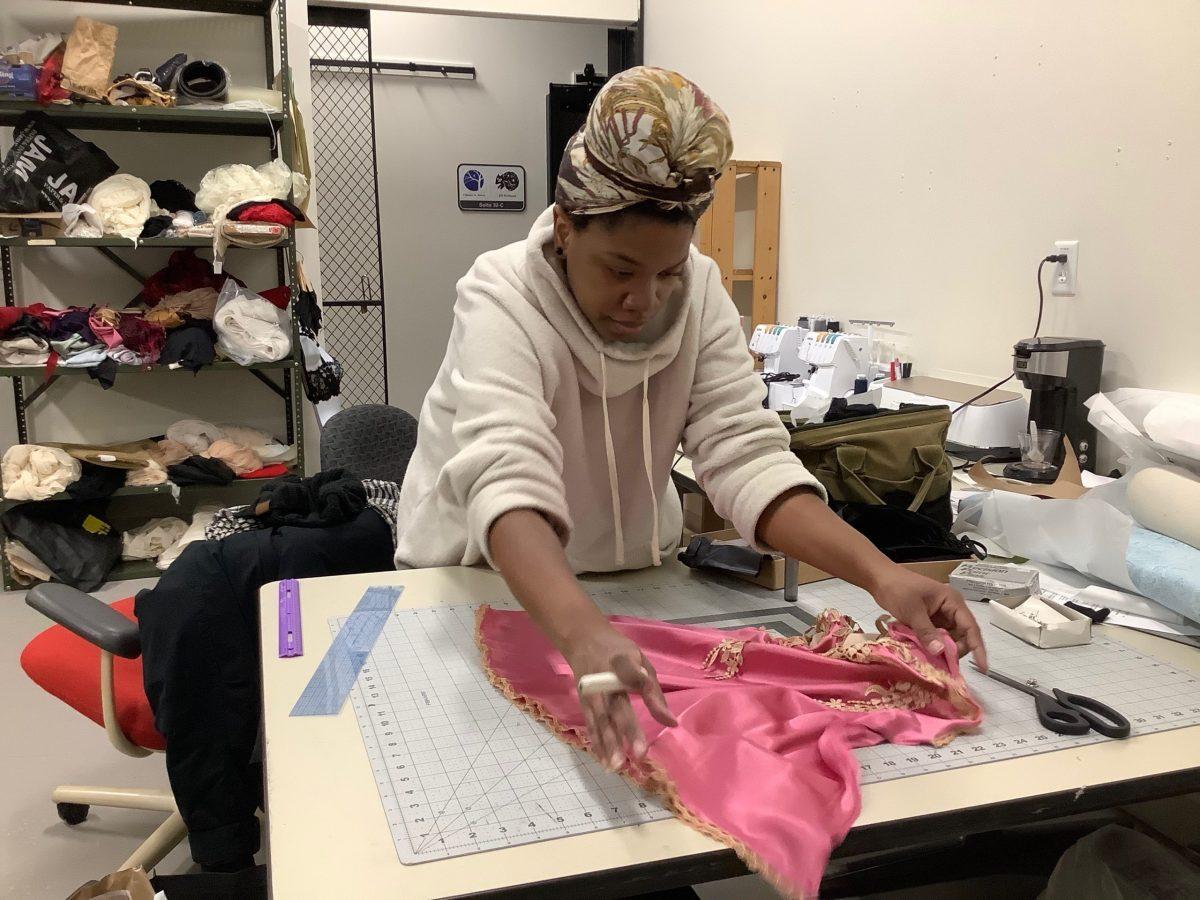Meredith Dunham, a senior at Ithaca College, is doing her part to change the status quo of females in business one vintage clothing piece at a time. Dunham is the owner of Shop 607 — @shop_607 on Instagram — a vintage clothing resale account where she auctions off her unique, thrifted fashion finds to fellow college students.
“There was sort of a hole in the market for girls that wanted to thrift and wear vintage, cool clothes but they didn’t know how to go about it and they didn’t feel like they had time to go thrifting on their own,” she said.
Dunham noticed while there were stores that sold clothing in line with the current fads, not everyone prefers those mainstream pieces.
“I noticed stores like Forever 21 and Zara catered toward the trendy girl that wanted to be wearing what everyone was wearing at the time but that wasn’t me and I noticed that a lot of girls had the same thing where they wanted to feel more individual in their fashion.”
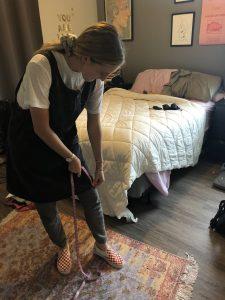
Not only does fashion allow women to reach a greater sense of individuality, noted Dunham, but clothing can also make a statement. Feminist outlet Bustle explored the complicated yet powerful relationship between women and fashion.
“Throughout decades women have used fashion as a feminist tool, turning their silk shirts and carefully hung dresses into means of provocation that could make more space for women at the table,” Bustle wrote in a Nov. 16, 2016 piece — published just eight days after the presidential election. From the first sight of women wearing pantaloons instead of corsets and floor length skirts, fashion has been a cultural staple that can mark milestones in our political climate.
“Fashion is such a big part of our culture so it’s important for women to feel like they own their fashion and it’s a part of them and no one else and doing this [owning Shop 607] makes me feel like I’m helping with that a little bit,” Dunham said.
Clothing choices can also inadvertently impact women when it comes to opportunities in the workplace. A 2017 study by Fairygodboss.com , a site that investigates women’s issues in workplace, assessed 500 hiring professionals, and found that superficial qualities like weight, demeanor, age, race, even hairstyle and clothing all affect women at higher rates than men during interviews.
However, it’s not just the judgement of hiring committees that result in the low rate of female entrepreneurs and females in high level business positions. Forbes found that some of the greatest issues for female entrepreneurs are the result of their own internalized sexism. Self doubt and lack of support are a few of the challenges women are faced with when pursuing their own business ventures. Shop 607 is a solo gig for Dunham, and she finds herself hitting these same roadblocks when running her small-scale business.
“I do it all on my own and that was a choice that I made. I have to go buy the clothes and manage all the finances and make sure that I’m not losing money ever and market them [the clothes] so to speak, edit them for social media and post them,and also boost my followers and make sure everything is in its place,” she said.

But despite the inevitable challenges that entrepreneurial females face, Dunham finds power in being able to share her passion for fashion with others and feels that her work positively impacts her customers as well.
“I feel that starting something like this has been empowering to me and my customers because they’re finally able to just find that one piece that’s been missing from their wardrobe and makes them feel like a unique individual that can go out into the world and say that they have this identity that they’re sure of.”







